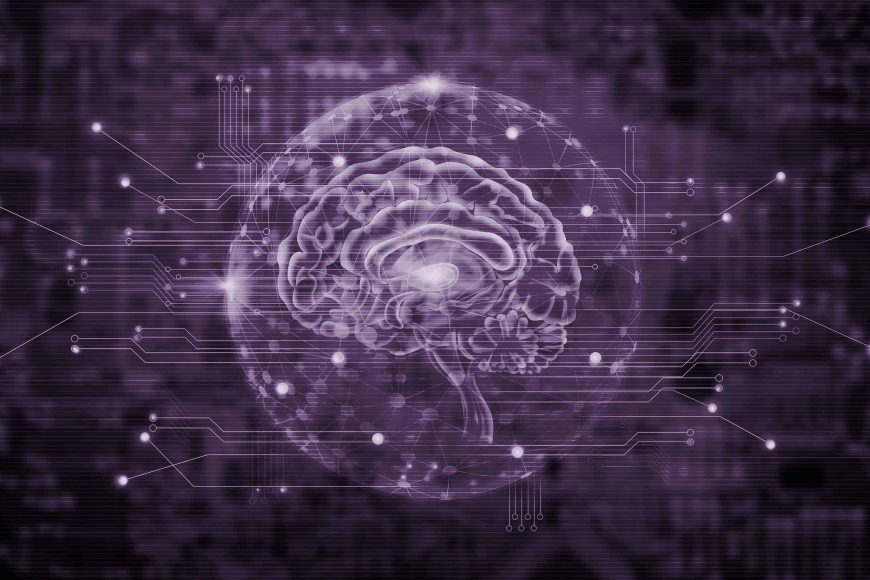By bringing together cohesive interdisciplinary teams, CHI is building an innovation platform that is connecting the best-in-class health data with the power of artificial intelligence and machine learning to improve human health. Large datasets, such as those provided by the Ontario Health Data Platform (OHDP), are allowing our researchers with expertise in algorithm applications to use AI machine learning and software analytics to model for pattern recognition, explanation, and prediction. This data driven approach is bringing together researchers from the School of Computing Science, Medicine, and the Molecular Sciences who are applying various AI techniques to advance biomedical data science.
Teams are using AI to predict cancer metastases, detect cancer at the cellular signalling level, and predict biomarkers to better select patients for optimal treatment while reaching rates of 99% accuracy for detecting and labelling cancer across various organs. One cancer researcher team, led by Dr. Amber Smith, the Director of the CHI and the Canada Research Chair in Biomedical Computing and Informatics, are using natural language processing to solve fundamental problems. Computers are programmed to first process and analyze large amounts of language data from interactions between humans and computers, and then applied to CT scans to predict where cancer could spread. Using AI to detect cancer metastasis means that knowledge of every cancer patient, not only those involved in clinical trials, can be brought to bear for individual patient diagnoses and treatment plans.
This is only one way that large amounts of digital health data are being utilized for transformative research endeavors. While AI and informatics are key technologies for managing next-generation data, specialized training in the digital health context is equally vital. Dr. Parvin Mousavi is leading another team of experts in computing, machine learning, medical and imaging informatics, data analytics, software systems, and surgery to help train Canada’s future data scientists in medical informatics. The end results will see highly qualified graduates who can build, use, and leverage medical informatics for digital health that can be deployed to hospital, government, industry, and entrepreneurial roles.

